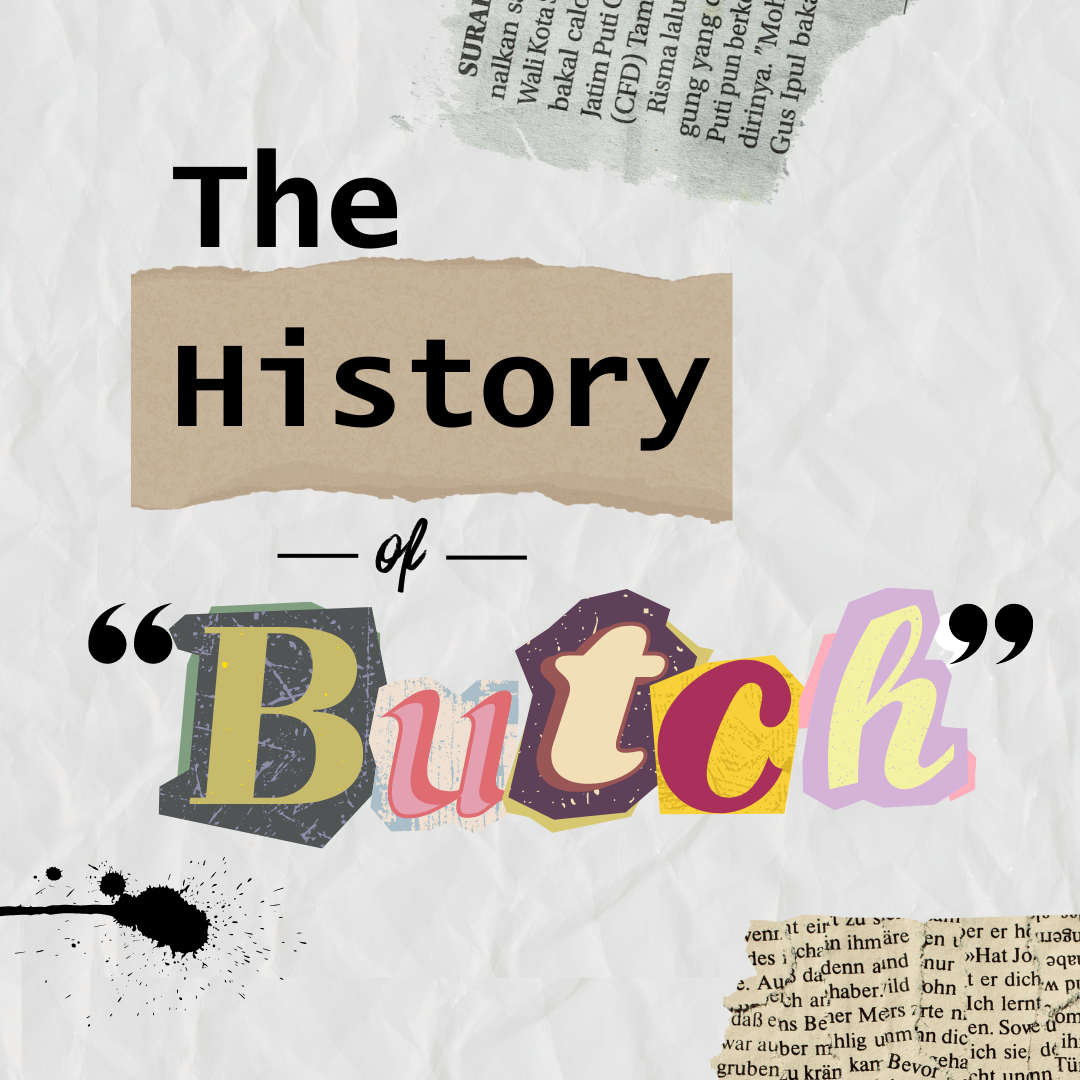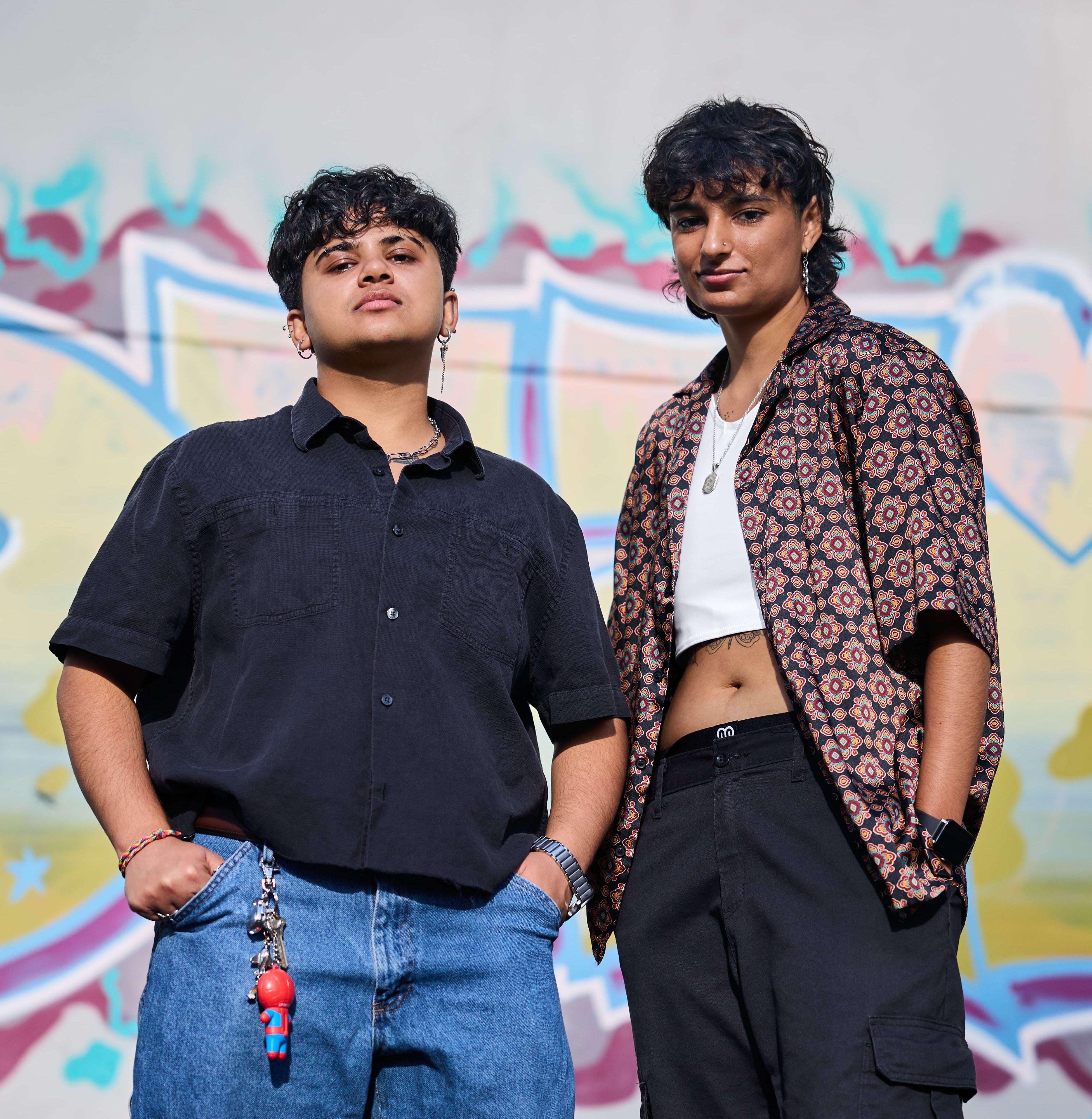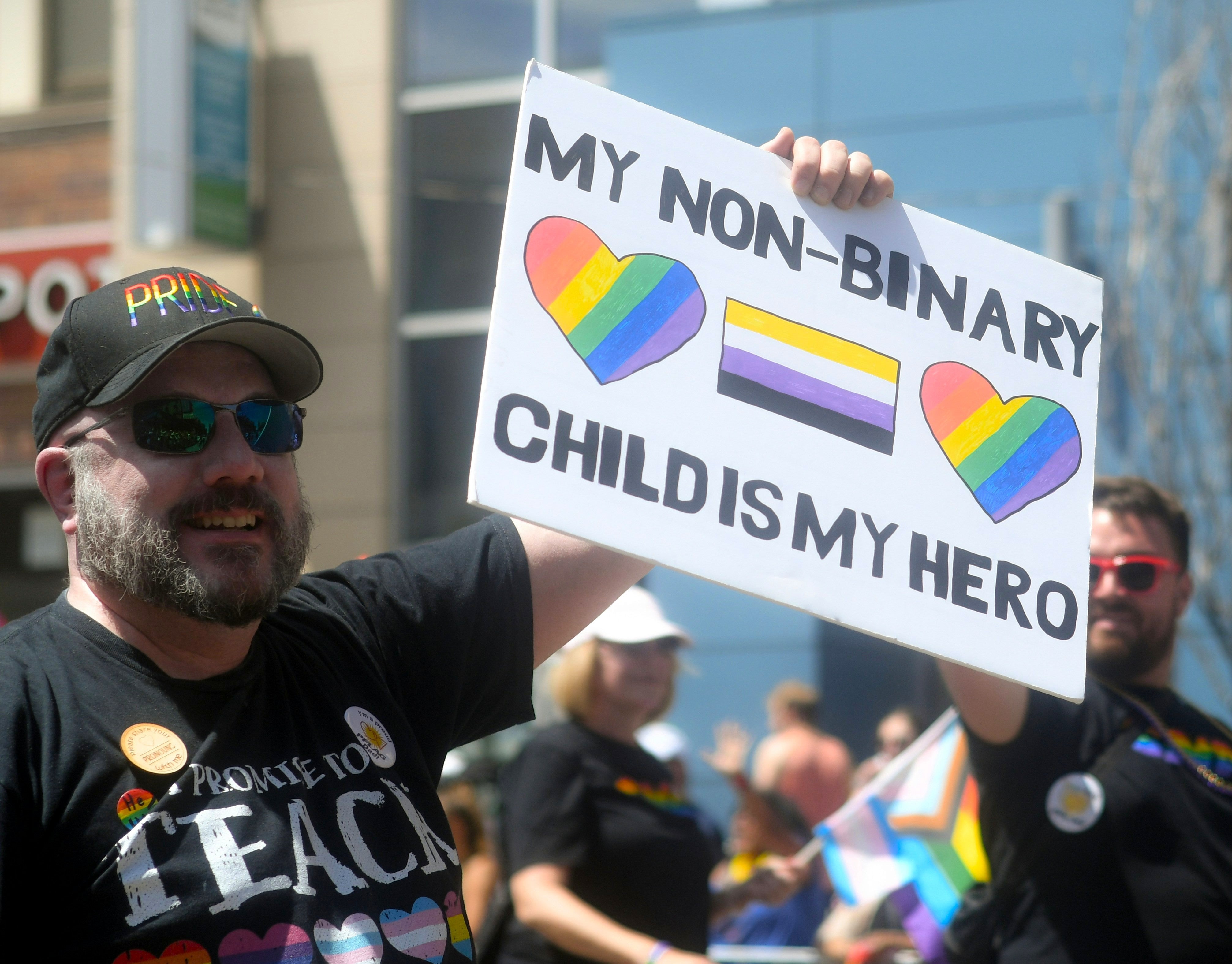A Brief History
The term butch refers to lesbians who exhibit a masculine identity or gender presentation. This identity has been a significant part of lesbian culture since the 1940s, particularly within the context of butch-femme relationships. These relationships often served as a way to navigate and challenge traditional gender roles in society.
In the mid-20th century, butch lesbians were often limited to jobs that did not enforce strict dress codes for women. During the McCarthy era, butch lesbians faced increased violence and discrimination, but they also played a crucial role in defending gay spaces, particularly in bars, from attacks by police and other oppressors. The butch identity has evolved over the decades, influenced by various social and political movements, including the civil rights, gay rights, and women's rights movements.
Famous Butch Lesbians
Several notable figures have embodied the butch identity, contributing to its visibility and acceptance:
- Radclyffe Hall (1880-1943): An English author best known for her novel The Well of Loneliness, which is considered a landmark work in lesbian literature.
- Mabel Hampton (1902-1989): A dancer and activist who was a prominent figure in the Harlem Renaissance and a member of the Lesbian Herstory Archives.
- Romaine Brooks (1874-1970): An artist known for her portraits that challenged traditional gender norms and celebrated female masculinity.
- Leslie Feinberg (1949-2014): An author and activist whose novel Stone Butch Blues (which Feinberg has made available for free!) is a seminal work that explores the complexities of butch identity and transgender issues.
Butch Representation in Media
Butch lesbians have also made significant strides in media representation, which has been crucial for visibility and acceptance. Some iconic butch characters include:
- Anne Lister from Gentleman Jack: Often referred to as the "first modern lesbian," Anne Lister's life and relationships are depicted in the BBC period drama, showcasing her masculine presentation and defiance of gender norms.
- Big Boo from Orange Is the New Black: Played by Lea DeLaria, Big Boo is a butch character who is portrayed as intelligent, strong, and complex, challenging negative stereotypes.
- Hattie from Twenties: Created by Lena Waithe, this character offers a fresh and authentic portrayal of a black, queer, masculine-presenting woman navigating life and love.
Butch Identity in the Trans Community
The term butch is no longer limited to cisgender women and has found a place within the transgender and nonbinary communities. Butch is a versatile identity that can be adopted by anyone who embraces a masculine gender expression, regardless of the gender assigned at birth. This inclusivity reflects the evolving understanding of gender and sexuality within the 2SLGBTQIA+ community.
Transgender butches may identify as genderqueer or nonbinary, and some claim butch as a specific nonbinary identity. For instance, Leslie Feinberg, a prominent figure in queer literature, defined butch as a “gender neither male nor female”. The term is also embraced by trans men and trans women who feel at home in it, demonstrating that butch identity transcends cisgender identities.
The Importance of the Butch Community
The butch community plays a vital role in challenging traditional gender norms and expanding the possibilities for gender expression. Butch lesbians defy the conventional expectations of femininity, asserting their right to exist and be visible in a society that often marginalizes them.
Butch identity is not just about clothing or presentation; it encompasses a broader lifestyle and often involves taking on roles traditionally associated with cis men. This identity also intersects with issues of race, class, and other social factors, making it a diverse and multifaceted community.
To Recap
Butches have been trailblazers in the fight for 2SLGBTQIA+ rights and visibility. From historical figures like Radclyffe Hall and Mabel Hampton to contemporary media representations, butch lesbians continue to challenge societal norms and inspire future generations. Understanding and appreciating the butch community is crucial for recognizing the diversity within the 2SLGBTQIA+ spectrum and our ongoing struggle for equality and acceptance.




Leave a comment
This site is protected by hCaptcha and the hCaptcha Privacy Policy and Terms of Service apply.